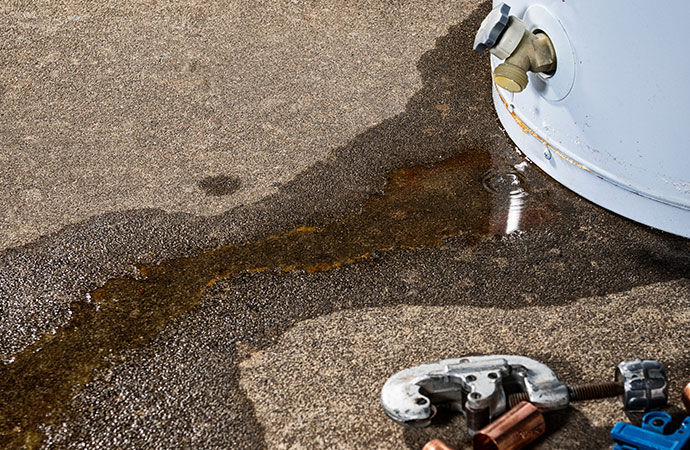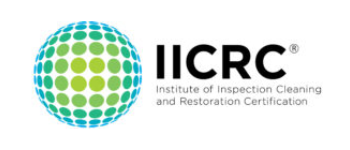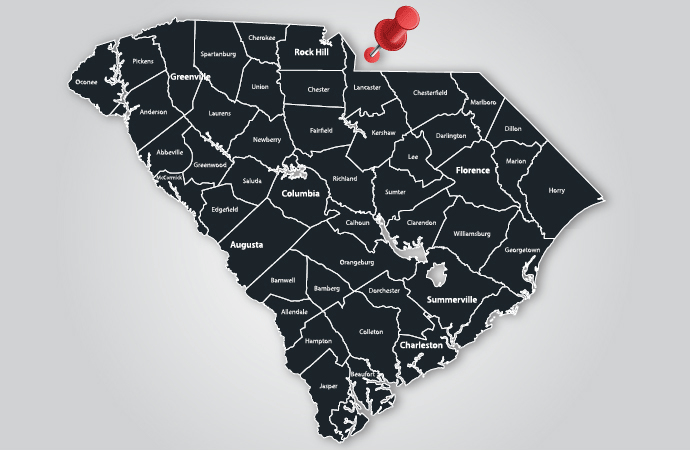Your Water Heater Could Be a Source of Water Damage
Although most South Carolina homeowners rarely think about it, the fact remains: Your water heater will eventually fail. And when it does, you may experience catastrophic water damage.

The average tank-style water heater has a typical lifespan of about eight to 12 years. Like any appliance, wear and tear and the inevitable effects of time break down the connections or even the tank itself until something gives. So, you might want to imagine your water heater as a ticking time bomb as it nears the 10-year mark.
Keep a lookout for these typical signs of a failing water heater:
- Leaking around the base or on top of the unit
- Your tap water becoming discolored or rusty water looking (indicating corrosion)
- A decrease in your hot water temperature
The most disastrous water heater failure is a complete rupture resulting in the release of hundreds of gallons of water onto your property because the water supply to a burst tank continues to flow. This is usually due to corrosion within the tank or if too much pressure builds up inside your water heater. The long-term stress of contracting and expanding with constant temperature variations can also lead to a sudden rupture of the tank without warning.
This situation is even more devastating when water heaters are situated within the interior of the home, like in a hallway closet or finished basement. One average-sized water heater tank bursting in the middle of the night can literally flood an entire home with an inch or two of water.
Ways to Prevent Water Damage From Your Water Heater
So, what steps can you take to prevent such devastating water damage?
- The first and best action to take is to regularly inspect and monitor your water heater. Periodically check for moisture around the plumbing connections and pooling water on the top of the tank and in the catch pan it sits in.
- If you do notice any water leaks, don’t hesitate to call your local plumber or HVAC technician to come out and inspect the unit before the damage gets worse. Rapid response is the key to avoiding long-term and expensive water or mold damage.
- If you’re renovating your house, relocate the water heater to the garage where the potential for damage is lessened. Also, check with your local codes whether a specially designed metal stand is required for your water heater.
- Consider purchasing a tankless system that doesn’t use a storage tank like typical water heaters. Instead, they produce hot water on demand.
In Case of Emergency
If the worst happens and your water heater suddenly bursts, flooding your home, immediately call Kingsley Water Damage Restoration. We are South Carolina’s water damage clean-up and removal experts. We use state-of-the-art extraction pumping equipment to speedily remove standing water and minimize further damage to your home or business. We’ll then perform all repairs.
Whether the damage is minor or severe, Kingsley Water Damage & Fire Cleanup will be there for you every step of the way and can work directly with your insurance carrier on your behalf, keeping your best interests in mind.





